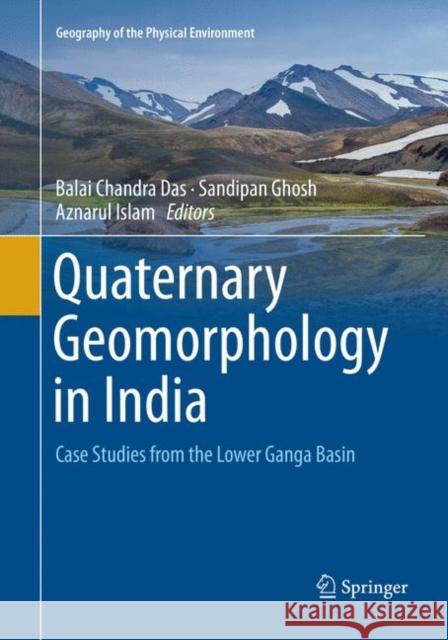Quaternary Geomorphology in India: Case Studies from the Lower Ganga Basin » książka
topmenu
Quaternary Geomorphology in India: Case Studies from the Lower Ganga Basin
ISBN-13: 9783030080112 / Angielski / Miękka / 2019 / 224 str.
Kategorie:
Kategorie BISAC:
Wydawca:
Springer
Seria wydawnicza:
Język:
Angielski
ISBN-13:
9783030080112
Rok wydania:
2019
Dostępne języki:
Numer serii:
000801610
Ilość stron:
224
Waga:
0.45 kg
Wymiary:
25.15 x 21.59 x 1.02
Oprawa:
Miękka











